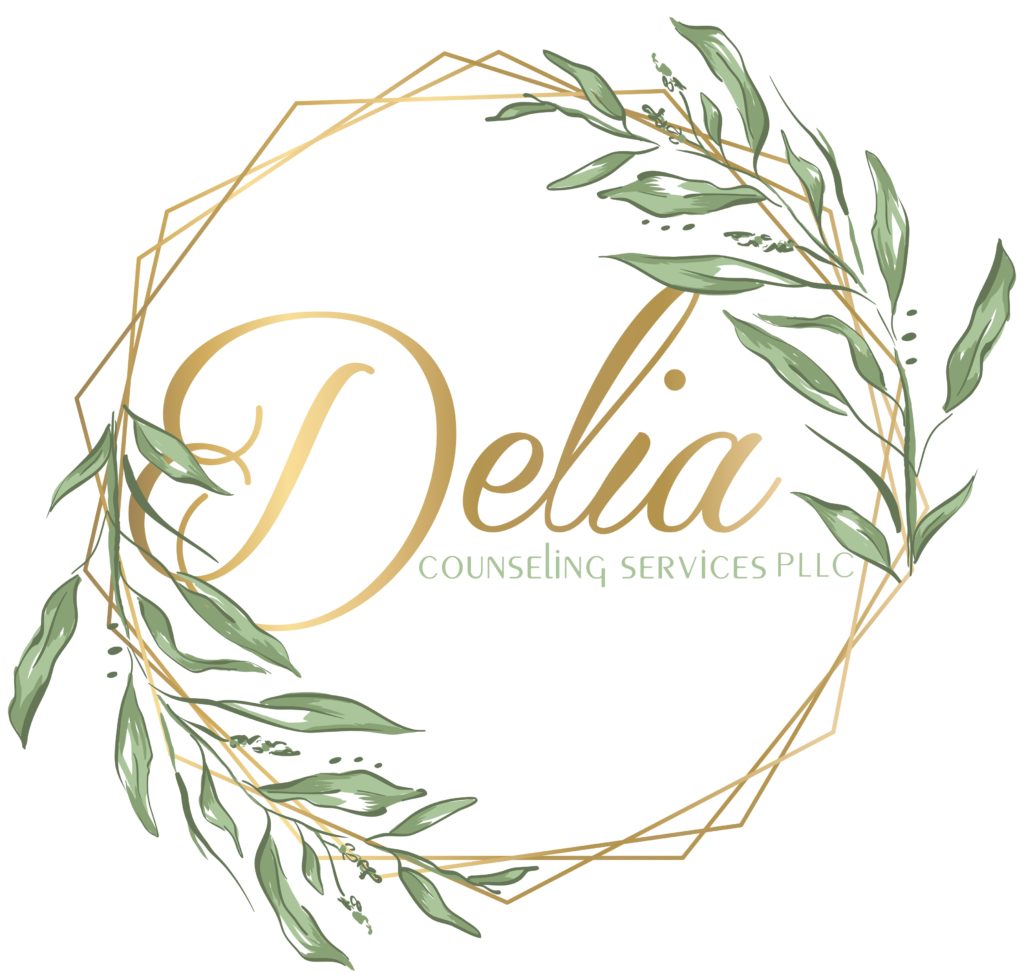Dec 21, 2022 Do I Have PTSD?
When a traumatic, distressing event occurs, it can negatively impact a person’s mental, emotional, behavioral, and social health. The shock of it all can make it difficult for a person to believe what’s happened to them. But flashbacks, nightmares, sights, thoughts, and other stimuli can take their mind and body right back to that traumatic moment. Persistent and worsening thoughts and feelings related to trauma may have you questioning, ‘do I have PTSD?’ and searching for ‘trauma counseling near me’ to get an answer.
What is Normal Stress vs. Traumatic Stress?
Stressful events, bad memories, fears, and phobias have become part of the human experience. Everyone may go through something negative that they’d rather forget at least once. Or experience fears that seem to creep up and make their presence known unexpectedly. Some people, however, have or witness extreme, damaging, life-threatening experiences. Events are traumatic when they’re significantly harmful to a person’s physical and mental well-being, such as
- Childhood emotional neglect
- Physical or sexual violence or abuse
- Domestic or non-domestic violence and assault
- Deeply disappointing or humiliating situations
- Sudden, violent, intentional, or unintentional death or suicide of a loved one
- Involvement in a road accident
- Hurricanes, tornadoes, earthquakes, floods, or other natural disasters
- Acts of terrorism, political violence, or war
An event doesn’t have to be big to be traumatic. Trauma is also about your emotional response to an event. The more nervous, afraid, worthless, or helpless you feel in an impactful moment, the more likely you’ll be traumatized. Some people may have trauma symptoms that quickly fade. Others’ symptoms or feelings may gradually fade as they process the traumatic event. Still, even with time and healing, triggers and reminders of trauma can show up uninvited and unannounced and lead to problematic emotional and mental reactions. Ultimately, you may ask if you have PTSD if you experience profound emotional wounds that don’t seem to heal with time and maybe even worsen.

Symptoms and Signs That You May Have PTSD
Post-traumatic stress disorder (PTSD) occurs in individuals exposed to extreme stressors and life-threatening events. Knowing the symptoms, signs, causes, and ways to deal with PTSD can help you effectively overcome your trauma-induced mental, emotional, and behavioral struggles. Common indicators of PTSD include:
- High anxiety and panic levels
- Recurring nightmares, problems falling asleep and staying asleep, and insomnia
- Flashbacks that make you think and feel like the traumatic event is currently happening
- Avoidance of feelings, thoughts, and conversations about the traumatic event
- Increased heart rate, sweating, muscle tension, and other physical symptoms when triggers remind you of the event
- Nonexistent interest in things you once enjoyed or considered important
- Troubles with interpersonal relationships and social interactions, and positive feelings like happiness, joy, and love
- Intrusive thoughts that bring on anxiety
When past trauma causes you to be constantly on guard, looking around for threats, this hypervigilance and perpetual anticipation of danger can zap your energy. It can exhaust your mind and body and make you feel trapped in psychological shock. It can keep you from effectively coping and healing and having the solid physical, mental, and emotional well-being you deserve. In such cases, seeking trauma counseling near you can be beneficial. A licensed mental health professional who understands the diagnostic criteria of PTSD will be able to answer your question, ‘do I have PTSD?’ They’ll be able to help you figure out how to redirect obsessive thoughts, make sense of your experiences, cope with and replace your negative thoughts, and change your reactions to and the circumstances of your trauma triggers.
Starting Trauma Counseling Near You
It’s okay to wonder, ‘do I have PTSD?’ or ‘will trauma counseling near me be good for me?’ Asking such questions indicates you’ve noticed changes in your thoughts, feelings, behaviors, and interpersonal relationships and interactions following a traumatic incident. It means you’re aware of what’s happening in your mind and body and want to do something to help yourself.
Everyone probably has an idea of therapy, even if they’ve never attended a session. You may picture yourself sitting on a couch doing all the talking while the therapist nods, ‘mm-hmms,’ and takes notes. This outdated idea of therapy can stress you out, causing you to anticipate an hour of judgment. In truth, your clinician will listen to learn about you and what brings you to counseling. They may start by asking questions about your life history and your needs. Doing so helps them identify patterns, themes, and incidents that impact mental health.
Common topics discussed in therapy sessions include clients’:
- Childhood and family life
- Relationships
- School and work life
- Hobbies and habits
- Beliefs and values
- Personalities

The Right Counselor Will Be Able to Determine What You Need
Finding a counselor that is equipped to support your healing isn’t as simple as searching “trauma therapist near me.” A licensed clinician armed with experience and compassion understands that:
Traumatic experiences can make people feel nervous and unsafe about opening up. Trauma can cause a lack of trust and effective communication. Someone who’s been traumatized may be trying to outrun and flee their thoughts because accessing their memories or talking about their experiences can be triggering and retraumatizing.
Starting therapy can be daunting, especially for those who’ve experienced trauma. Going to treatment is a big, courageous step out of your comfort zone. But it’s worth it. Rest assured that an effective clinician knows Rome wasn’t built in a day. They know the best way to eat an elephant is one bite at a time. In other words, what’s overwhelming, daunting, and seemingly impossible can be accomplished by taking on a little, reasonably doable amount at a time. The right trauma counselor near you won’t rush your sessions or healing process.
An attentive clinician will be able to recognize your inner strength through PTSD treatment. They’ll support you in ways that cultivate more hope and resilience. Wanting you to acknowledge this inner strength and use it to find solutions to your problems, a clinician may decide to utilize trauma-informed practices in a psychotherapy form that’s more positive in theory—like solution-focused brief therapy (stay tuned for next month’s blog on the benefits of this therapy approach for healing trauma).
Beginning Trauma Counseling in Yakima, Washington or Florida
When life—or the process of getting it back on track in therapy—feels harder than trying to eat a herd of elephants in one bite or like a constant series of problems every hour, this negatively impacts our mental and emotional health. Changes to and declines in how we think, feel, and act because we’re distressed can signal that we need help. The right clinician can help us keep our elephant-sized problems in perspective and reflect on our relationship with these elephants and how much power we give them. They can help us reframe our goals and the ways we approach eating an elephant or solving daunting problems. They can also help you figure out how to redirect obsessive thoughts that dwell on anxieties and traumas.
Through CBT, trauma healing is a focus of Delia Counseling Services. Connect with Susan Delia today to get started with a provider who might be the perfect fit for you. Reach out on our website to get started.
Delia Counseling Services provides quality CBT (Cognitive Behavioral Therapy) for anxiety, depression, grief and loss, relationship concerns, and life transitions. Susan Delia serves therapy clients online in Florida and online and in-person in the Yakima, Washington area, including zip codes 98902 and 98901 and beyond.


The Surprising Drawbacks of Getting a Mental Health Diagnosis as an Adult

Building Inner Peace in Your Life in Time for International Day of Peace

How to Harness Hope When Healing

The Allure of Negativity and the Power of Your Thoughts to Overcome it

Navigating Life Transitions for Everyday Change

How To Deal With Depression Due to the Pandemic
- « Previous
- 1
- 2


